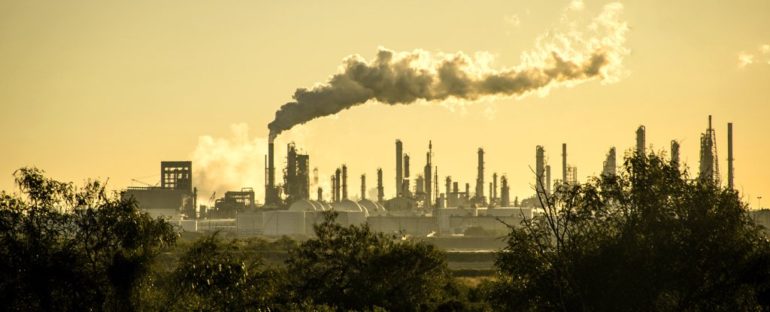The Environmental Protection Agency is pushing forward with a policy that could limit the science the agency uses to underpin regulations, a change long sought by conservatives but derided by many scientists and public health experts as an effort to
The Environmental Protection Agency is pushing forward with a policy that could limit the science the agency uses to underpin regulations, a change long sought by conservatives but derided by many scientists and public health experts as an effort to stifle reliance on research into the harmful effects of pollution on Americans.
The agency in recent days submitted an updated version of its Strengthening Transparency in Regulatory Science rule to officials at the Office of Management and Budget.
If OMB approves, the next step would be to seek public comment, signaling that the EPA intends to finalize the controversial proposal in 2020.
The effort first gained traction when then-EPA Administrator Scott Pruitt pushed for the changes during a high-profile announcement in April 2018. He called it a move toward greater transparency that would increase Americans’ trust and confidence in the research on which the EPA bases major decisions.
The new rule would allow the EPA to consider only studies where the underlying data is made available. Critics say that would restrict the use of research that includes sensitive personal data and hamstring the agency’s ability to protect Americans from toxic chemicals, air pollution and other risks.
In the annals of science, there aren’t many reports that had as much of an impact as Harvard’s Six Cities Study of 1993. The administration’s proposal, critics add, could prevent the use of such…



